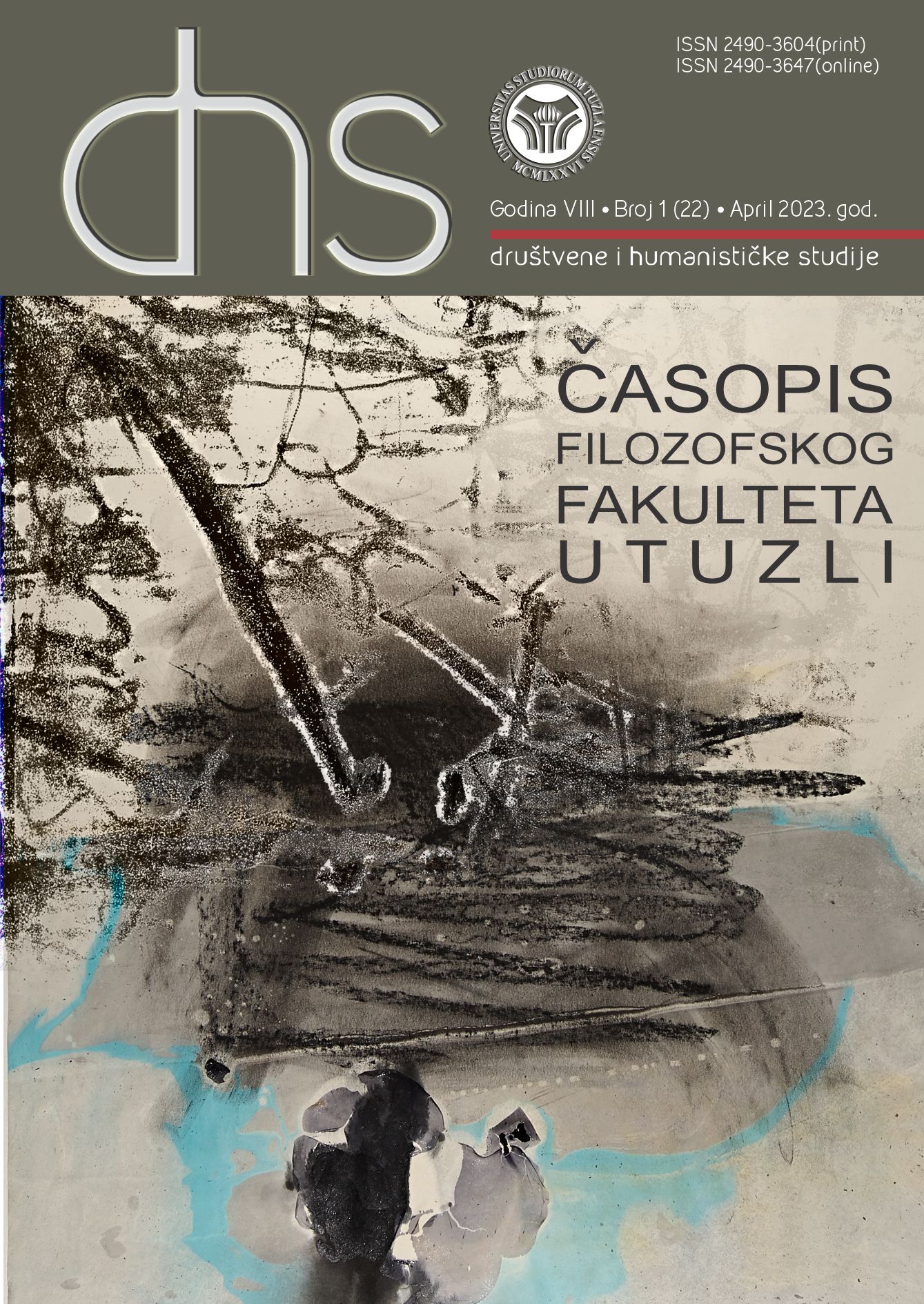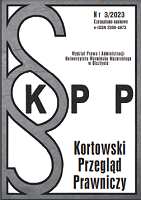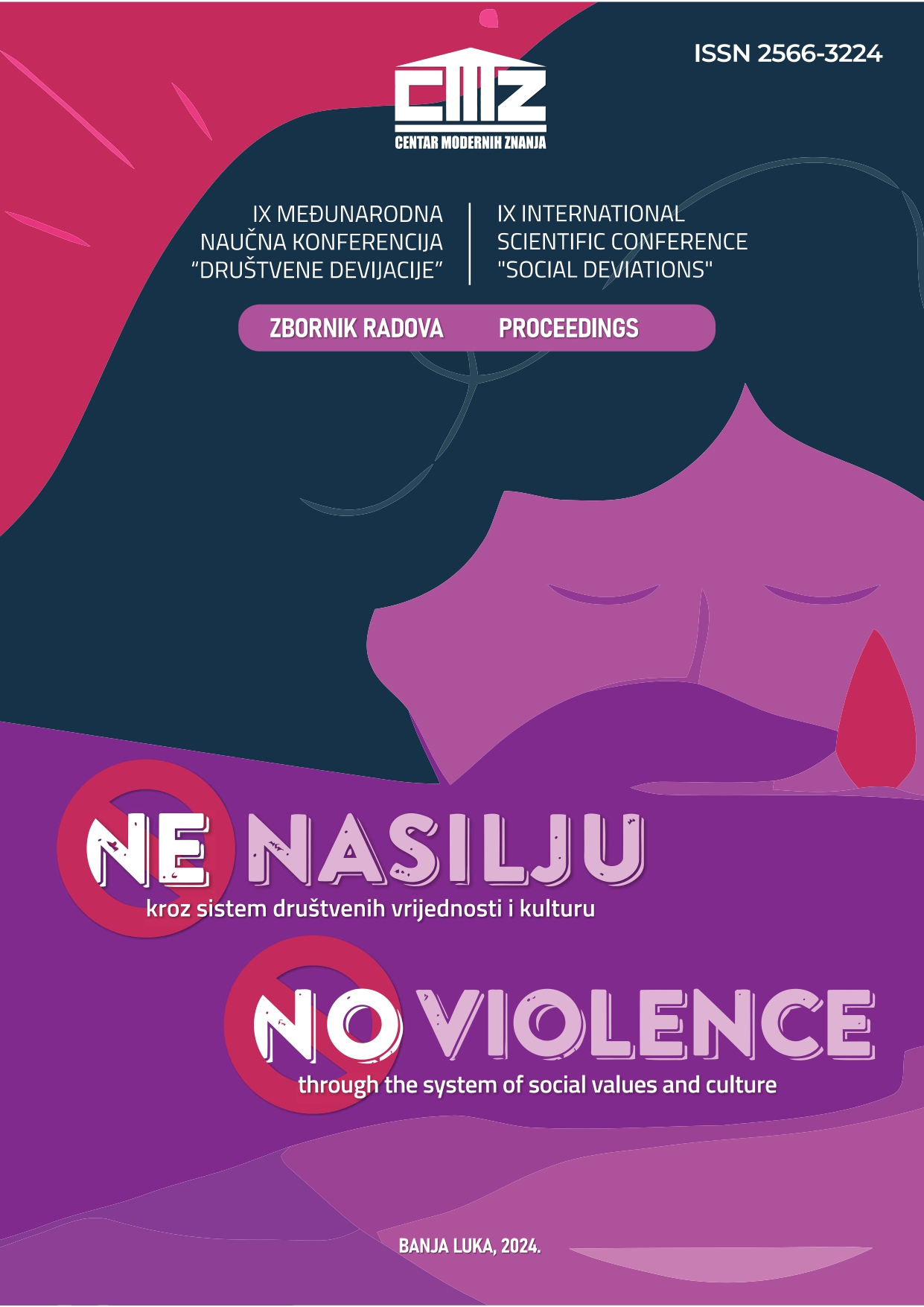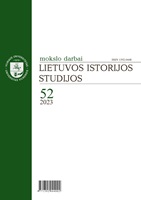MĂSURILE EDUCATIVE ÎN CONTEXTUL EXECUTĂRII PEDEPSEI ÎNCHISORII - CADRUL LEGAL AL REPUBLICII MOLDOVA
Imprisonment, as a criminal punishment, involves certain shortcomings and unavoidable restrictions to the situation of isolation imposed by the normal living environment and placement, for a certain period, in a penitentiary. The limitation and restriction of certain rights may also concern the right to education, in terms of its volume and quality. At the institutional level, the application of the legal framework undergoes adoption depending on the perception of the subjects empowered to apply the law and the real possibilities of exact application of the laws. The context in which the National Penitentiary Authority, as the central public authority responsible for the execution of custodial penal sentences, in its Orders and Provisions indicates the need to carry out certain measures, including those of an educational nature, taking into account the real possibilities of the Institutions Penitentiaries from the Republic of Moldova. We propose for analysis the legislative framework in the field of execution of punishment regarding educational measures, related to some factual situations in the Penitentiary Institutions of the Republic of Moldova. The peculiarities of the educational measures in the penitentiary environment are obvious, their relief and differentiation from those of educational institutions highlight the level of resocialization of the prisoners.
More...










